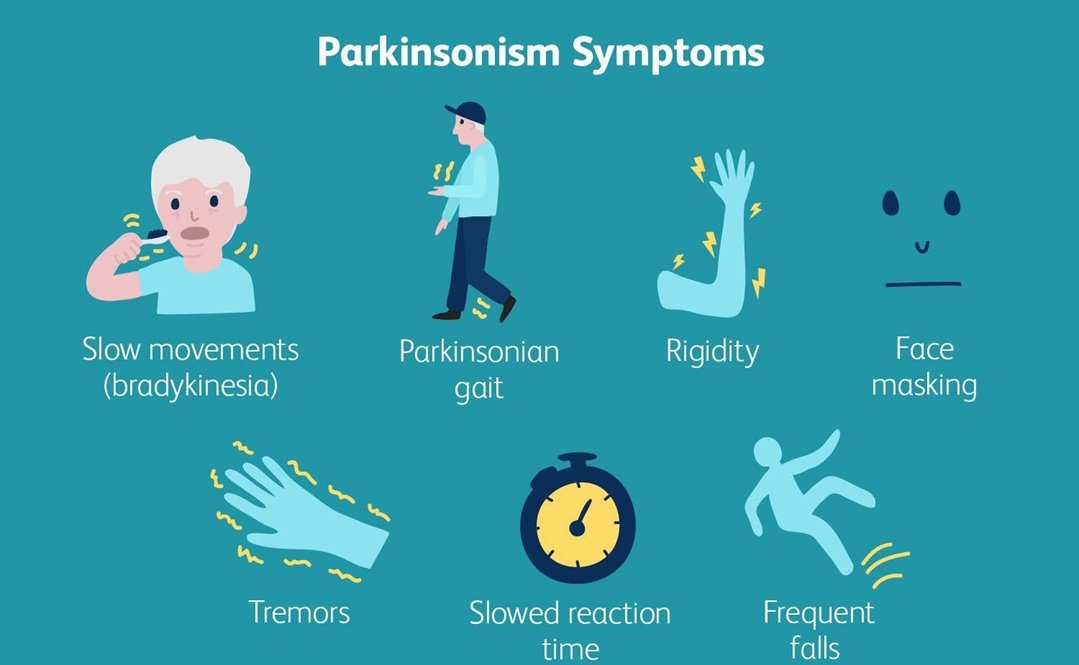Which intervention is appropriate for a psychiatric-mental health nurse at the basic level of practice?
Prescribing psychotropic medications.
Conducting family therapy.
Interpreting laboratory tests.
Promoting symptom management.
The Correct Answer is D
Choice A reason: This choice is incorrect as prescribing medications is not within the scope of practice for a basic- level psychiatric-mental health nurse.
Choice B reason: Conducting family therapy typically requires advanced training and is not usually within the scope of a basic-level nurse.
Choice C reason: Interpreting laboratory tests is generally not within the scope of a basic-level psychiatric-mental health nurse.
Choice D reason: This is the correct choice. Promoting symptom management is an appropriate intervention for a psychiatric-mental health nurse at the basic level of practice.
Nursing Test Bank
Naxlex Comprehensive Predictor Exams
Related Questions
Correct Answer is D
Explanation
Choice A reason: This choice is incorrect. While some medications may help improve sleep paterns, they are not primarily used to regulate sleep in dementia patients.
Choice B reason: This choice is incorrect. Medications for dementia aim to improve symptoms and quality of life, not just to make patients more compliant.
Choice C reason: This choice is misleading. While following the administration schedule is important, it does not guarantee recovery since dementia is currently incurable.
Choice D reason: This is the correct choice. Medications for dementia, such as cholinesterase inhibitors and memantine, may help slow the progression of symptoms.
Correct Answer is ["A","C","D","E"]
Explanation
Choice A reason: Akathisia is characterized by restlessness and a constant urge to move. It is a common side effect of antipsychotic medications.
Choice B reason: Neuroleptic malignant syndrome is a rare but serious reaction to antipsychotic drugs and is not classified as an extrapyramidal symptom.
Choice C reason: Dystonia involves involuntary muscle contractions and spasms, often affecting the head and neck, and is a known extrapyramidal symptom.
Choice D reason: Tardive dyskinesia is marked by repetitive, involuntary movements, typically of the face and extremities, and is an extrapyramidal symptom that can occur after long-term use of antipsychotics.
Choice E reason: Pseudo-parkinsonism mimics symptoms of Parkinson's disease, such as tremors and slowed movement, and is an extrapyramidal side effect of antipsychotic medications.

Whether you are a student looking to ace your exams or a practicing nurse seeking to enhance your expertise , our nursing education contents will empower you with the confidence and competence to make a difference in the lives of patients and become a respected leader in the healthcare field.
Visit Naxlex, invest in your future and unlock endless possibilities with our unparalleled nursing education contents today
Report Wrong Answer on the Current Question
Do you disagree with the answer? If yes, what is your expected answer? Explain.
Kindly be descriptive with the issue you are facing.
